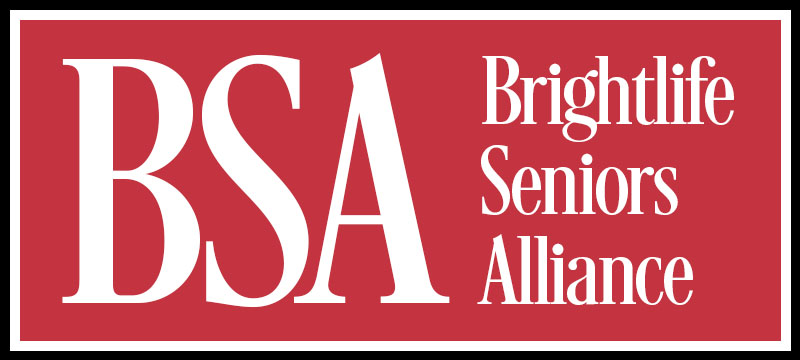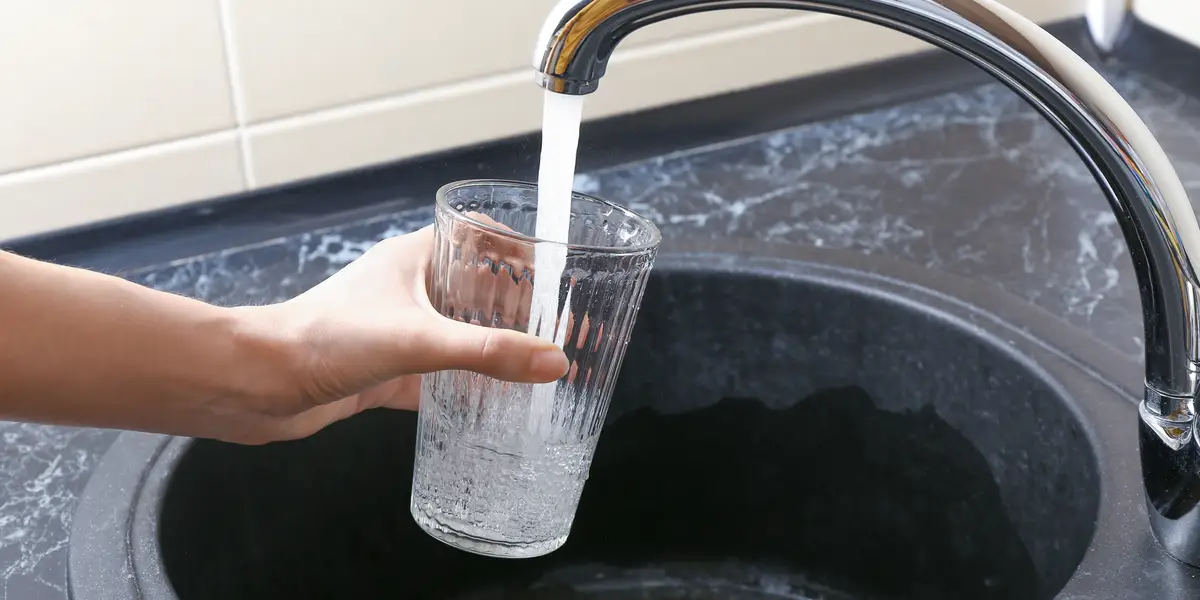Tap water is commonly used for daily necessities such as brushing your teeth or washing your face, both at home and while travelling.
But should you drink tap water straight from a hotel bathroom sink or use it to brew a cup of coffee?
According to experts, here’s what you need to know about drinking hotel tap water and safe alternatives you may rely on during your next trip.
Is It Safe to Drink Tap Water in a Hotel?
The safety of tap water depends mostly on where you are traveling to, but it can also depend on the particular hotel, according to Scott Bartell, PhD, MS, a professor of environmental and occupational health at the University of California Irvine Public Health.
Water quality legislation, infrastructure, and treatment methods can vary greatly between countries and areas. Some hotels may have safe water purification processes, however others may have insufficient filtering systems or maintenance practices.
“Hotel water is often as safe as the public water supply where the hotel is located,” Bartell said. “But some remote hotels have their own private water supplies, which are less regulated.”
In some older hotels, tap water might be contaminated by lead pipes, Bartell added. If there’s a boil water advisory at your travel destination, you can ask the hotel for bottled water or boil the tap water before drinking.
Tap water is generally “very safe” in the U.S. because it’s regulated by the Safe Drinking Water Act (SDWA), according to Natalie Exum, PhD, an environmental health scientist at the Johns Hopkins Bloomberg School of Public Health.
“It’s one of the engineering accomplishments of the 20th century to say that we can open up our drinking water tap and not get diarrheal disease when we drink out of that water,” Exum said.
She stated that the quality of tap water might still vary greatly depending on location. Water treatment procedures vary by region, and when water is transported through property pipelines into hotels, the property owner is responsible for maintaining the water’s purity.
What Are The Risks of Drinking Unclean Tap Water?
Drinking tap water contaminated with hazardous amounts of pollutants can cause gastrointestinal disease, reproductive problems, and neurological impairments.
Infants, young children, pregnant women, elderly people, and persons with compromised immune systems are more likely to become unwell after drinking contaminated water.
Drinking contaminated water can also result in stomach pain, vomiting, diarrhea, headache, fever, kidney failure, and hepatitis. However, the degree of symptoms is determined by the type of contaminant, concentration, amount of water ingested, duration of exposure, and individual sensitivity.
“Waterborne diseases can be debilitating and some may cause you to get dehydrated and you may need to go to a clinic,” Exum said.
“I expect that the vast majority of hotels are in populous areas with well-regulated water supplies, so the health risks for healthy domestic travelers are likely very low,” Bartell said.
How Can You Tell If the Tap Water Is Safe for Drinking?
According to Exum, some symptoms may suggest that the tap water is dangerous to drink. If the water is hazy, discoloured, or contains visible particles, this could indicate a problem with the water quality or the plumbing system. If the water has a bad odour or taste, it may have been improperly treated or include impurities.
You can also search for local water quality reports in the area where the hotel is located, as well as any government-issued travel health warnings.
If you are concerned about drinking hotel tap water, there are alternatives to consider. This involves the use of portable water filters, UV light purifiers, purification tablets, and iodine water disinfectants. According to the CDC, boiling water is the greatest way for killing viruses, germs, and parasites.
However, the easiest thing travelers can do is to purchase and drink bottled water when these devices and tools aren’t available.
“There are many portable options for water treatment, designed largely for camping, that travelers could take with them,” Bartell said. “That being said, bottled water is widely available in places with questionable tap water safety, so that’s probably the simplest option for most travelers.”

